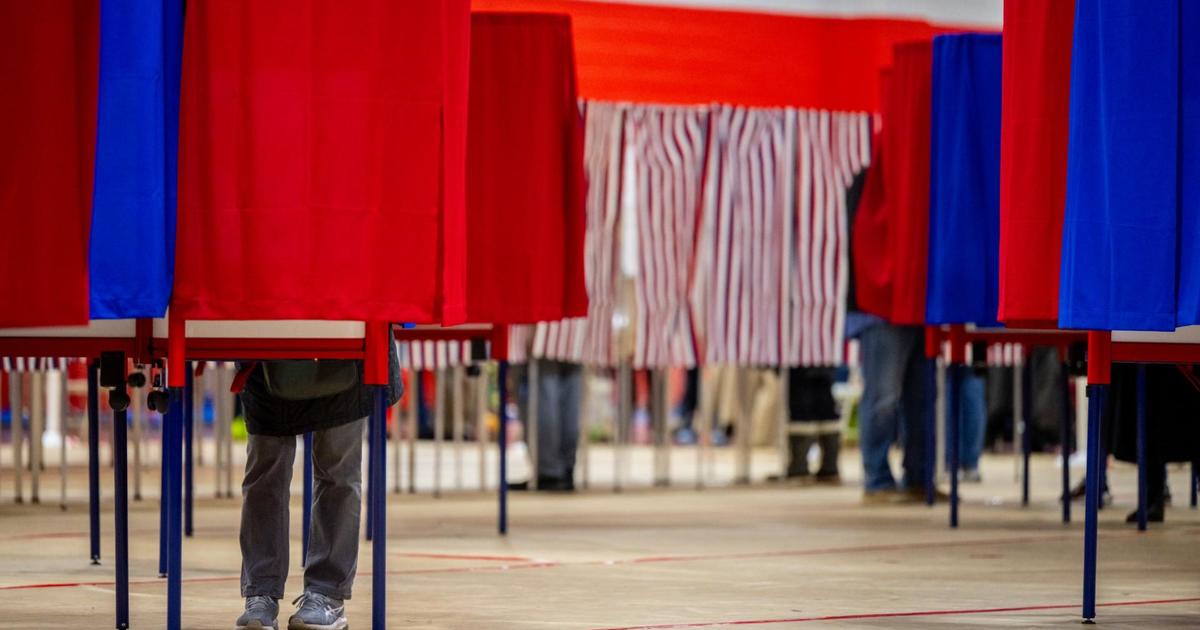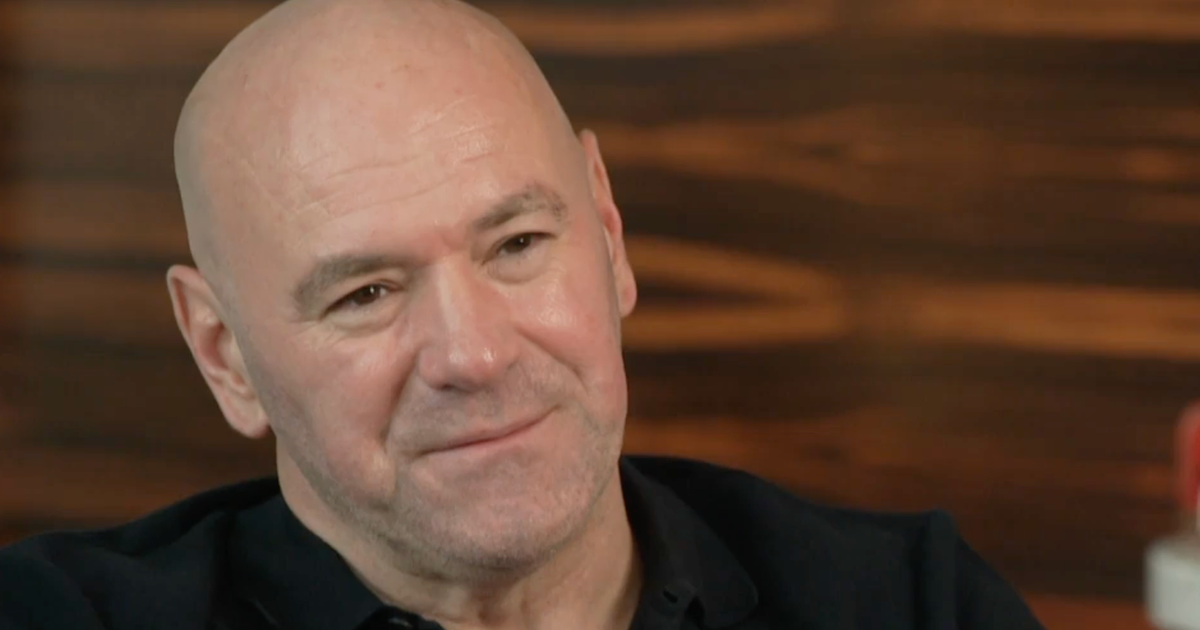Trump is being treated with an experimental drug cocktail for COVID-19. Here's what it is.
The White House says President Donald Trump is being treated for COVID-19 with an experimental drug cocktail. The president's physician, Sean P. Conley, released a memo Friday afternoon saying the president has received a single 8 gram dose of Regeneron's antibody cocktail, "as a precautionary measure."
The medication, REGN-COV2, is still undergoing a clinical trial, with the first data from 275 non-hospitalized patients showing that "it reduced viral load and the time to alleviate symptoms," the company said in a press release this week.
Along with the experimental drug, Conley noted that Mr. Trump is also taking zinc, vitamin D, famotidine (the medication in Pepcid, for heartburn or acid reflux), melatonin and a daily aspirin. Late Friday afternoon, the president was transported to Walter Reed Medical Center for a few days of treatment — "out of an abundance of caution," according to White House press secretary Kaleigh McEnany.
"President Trump remains in good spirts, has mild symptoms, and has been working throughout the day," McEnany said in a statement "Out of an abundance of caution, and at the recommendation of his physician and medical experts, the President will be working from the presidential offices at Walter Reed for the next few days. President Trump appreciates the outpouring of support for both he and the first lady."
Regeneron has confirmed it provided the experimental antibody cocktail REGN-COV2 to the White House under a compassionate use request, which allows a patient who has a life-threatening condition or serious disease or condition to receive a trial medical product when "no comparable or satisfactory alternative therapy options are available," according to the FDA.
Conley's White House memo referred to the drug as "polyclonal" antibodies (meaning made from several different immune cells) but the company later clarified to CBS News that this was incorrect.
Before the president left for Walter Reed, Conley said in a memo that Mr. Trump was "fatigued but in good spirits."
"He's being evaluated by a team of experts," the memo read, "and together we'll be making recommendations to the President and First Lady in regards to next best steps." The memo said first lady Melania Trump "remains well with only a mild cough and headache." It did not say if she was receiving any type of treatment.
Just three days before the president and first lady tested positive for COVID-19, Regeneron announced that early results show its REGN-COV2 antibody cocktail reduces viral load and helps improve symptoms in non-hospitalized COVID-19 patients more quickly than regular standard-of-care. It also helped reduce medical visits, a press release from the company says.
"The greatest treatment benefit was in patients who had not mounted their own effective immune response, suggesting that REGN-COV2 could provide a therapeutic substitute for the naturally-occurring immune response," George D. Yancopoulos, president and chief scientific officer of Regeneron, said in a press release. "These patients were less likely to clear the virus on their own, and were at greater risk for prolonged symptoms."
The trial is part of a larger program that is also trying to determine if REGN-COV2 can help treat hospitalized patients, and if it could prevent people who have been exposed to someone with COVID-19 from being infected themselves.
Of the 275 participants whose trial results are known so far, roughly 56% were Hispanic and 13% were Black, the company said. Sixty-four percent of participants had one or more underlying risk facts for severe symptoms, including obesity. The average age of patients in the study was 44.
Mr. Trump is 74 years old, and his age and obesity put him in a higher risk category for severe illness.
CBS News chief medical correspondent Dr. Jon LaPook said Friday that the antibody cocktail makes "scientific sense," but "It hasn't been shown yet to be safe and effective, especially in this setting."
"In the laboratory they create tons of these antibodies that are not just directed at anything but specifically against the coronavirus, and not only against the coronavirus but against the part of the coronavirus that allows it to attach to the human body to allow it to attack us," he explained.



